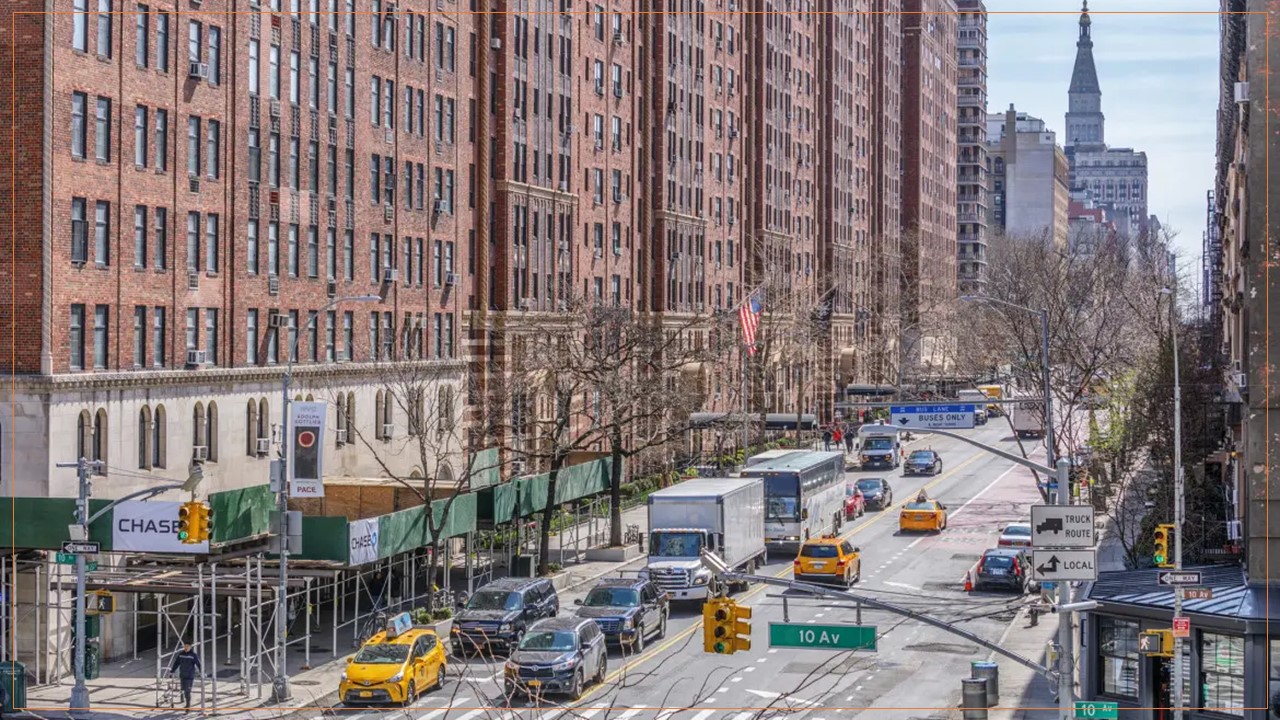Boards prepare to hike maintenance fees and common charges next year
- Condo and co-op boards raised monthly fees significantly in 2023 to deal with higher costs
- Buildings expect to see similar increases next year, but they likely won’t exceed 2023 levels
If your New York City condo or co-op board is preparing to hike monthly fees in 2024, you’re not alone. Boards are preparing to raise maintenance fees and common charges following larger-than-normal hikes this year.
Management companies that spoke to Brick Underground say they’re expecting increases of 3 to 6 percent given growing insurance, labor, maintenance, and energy costs.
“In my 40-year window on the market, I’ve not seen the volatility and upward pressure on maintenance in my career,” says Jonathan Miller, president and CEO of appraisal firm Miller Samuel. “From the pandemic year on, the upward trajectory seems to be consistent.”
Monthly fees at NYC condo and co-ops have risen nearly three times faster than the rate of inflation. Monthly charges for condos reached $3.20 per square foot in buildings sold in the third quarter of 2023, while co-op maintenance fees reached $2.44 per square foot, according to data from Miller Samuel. That’s a far cry from 15 years ago, when both metrics were less than $1.50 per square foot, and condo common charges didn’t exceed the $3 margin until 2021.
Miller’s data only captures monthlies for apartments that were sold, not the average of all buildings. But common charges and maintenance fees rose in 2022 as well, putting pressure on buyers to look for apartments with lower fees.
Why did monthlies rise in 2023?
Every building has different costs to manage, so it’s difficult to generalize about the entire market, says Mark Feinberg, chief financial officer of Argo Real Estate and president of his own cooperative near Union Square.
But many NYC properties have seen their insurance costs rise significantly while coverage has declined, crunching their budgets, Brick Underground previously reported. At the same time, the cost of labor, maintenance, and repairs has gone up thanks to inflation, says Stephen Elbaz, founder and president of Esquire Management, which manages 800 co-ops, condos, and rentals in Manhattan, Queens, Brooklyn, and the Bronx.
What’s in store for ’24?
Multiple property managers that spoke to Brick called 2023 the worst year in their memory for hikes. And 2024 isn’t looking much better.
Three property managers expected to see increases between 3 and 6 percent. Mark Levine, principal at property manager EBMG, said he hasn’t seen hikes less than 3 to 5 percent, while Daniel Wollman, the CEO of property manager Gumley Haft, said co-op and condo buildings in his portfolio were expecting to see a 3 to 6 percent raise in monthly fees—though it’s still early in the budgeting process. Andrew Marks, senior vice president of new business and marketing at property management firm Maxwell Kates, has seen increases in the range of 4 to 5 percent so far.
Same old song and dance
Rising costs are mostly due to the same factors—insurance, inflation, energy, etc—that crunched boards’ budgets this year, says Gustavo Rusconi, vice president and director of management at property manager Argo Real Estate.
“It’s going to be another tough year,” Rusconi says. “The insurance markets for general building insurance have increased significantly; we’ve seen increases anywhere between 20 and 40 percent for insurance. That certainly has an impact on the bottom line. Real estate taxes have increased. Energy has increased.”
The insurance market isn’t likely to loosen up next year, Rusconi says. Plus, it’s yet unclear how the cost of oil, still used by thousands of buildings in NYC, may change due to the war between Israel and Hamas. Gas and electricity bills are expected to go up in January, after rising this year.
Property taxes, which make up the lion’s share of any co-op’s operating expenses, are expected to rise in the 2023 to 2024 fiscal year, according to a report from State Comptroller Thomas DiNapoli. (It’s usually always worth the few hundred dollars it costs to hire a tax certiorari attorney to appeal your building’s property tax assessment).
Silver linings
Next year’s hikes are likely to be less significant than those seen in 2023, which ranged from 3 to 10 percent, according to the five property managers. And most boards should be raising monthly fees by 2 to 3 percent every year anyway, Rusconi says.
Boards can attempt to reduce costs by staying on top of maintenance, which helps prevent big bills in the future and keeps insurance prices down, Marks says.
“They say an ounce of prevention is worth a pound of cure,” Marks says. “That couldn’t be truer in this market right now.”
But it’s very unlikely that costs will decline. Maintenance fees and common charges are difficult to bring down because buildings have fixed expenses, Elbaz says.
“Co-ops and condos are the exact opposite of the way every business on the planet does a budget,” Elbaz says. “A co-op or a condo, does their expenses first—how much is maintenance, repairs, plumbing, elevators, insurance, payroll, etc.—and then they tie a maintenance or common charge number to that budget.”


